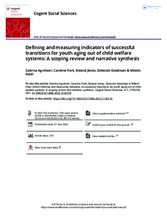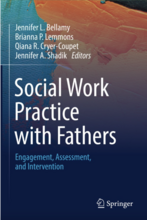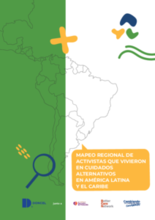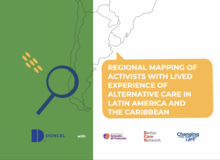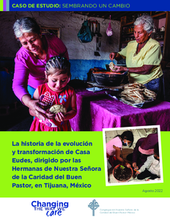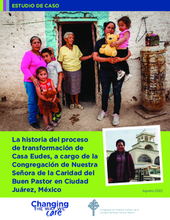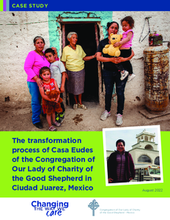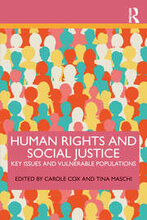This page contains documents and other resources related to children's care in the Americas. Browse resources by region, country, or category.
Displaying 91 - 100 of 1438
This study represents a scoping review and narrative synthesis that sought to identify indicators used to measure the success of aging out youth in North America and their corresponding methods of assessment.
This chapter in the book "Engaging Fathers in Child Welfare and Foster Care Settings: Promoting Paternal Contributions to the Safety, Permanency, and Well-being of Children and Families" explores research on father engagement in child welfare services in the U.S., including studies on engagement activities, associations with child welfare outcomes, and barriers to engagement with the aim of assisting social workers and child welfare caseworkers in more fully engaging fathers.
Para garantizar que las personas que han vivido en cuidados alternativos puedan participar de los procesos y decisiones para mejorar los sistemas de cuidado, Doncel junto a la Red Latinoamericana de Egresados de Protección, Better Care Network y Cambiando la Forma en Que Cuidamos (Changing The Way We Care en inglés) llevaron adelante el primer mapeo regional de activistas que vivieron en cuidados alternativos en América Latina y el Caribe.
This is the first regional mapping of activists with care experience in Latin America and the Caribbean.
Este estudio de caso destaca la transición de servicios de cuidado residencial a los basados en la familia y comunidad, realizado por las Hermanas de Nuestra Señora de la Caridad del Buen Pastor, en Tijuana B.C., México.
This case study highlights the transition of the Sisters of Our Lady of Charity of the Good Shepherd in Tijuana. It presents the highs and lows that come with a change process of moving from residential care to community-based services focused on family strengthening.
Este estudio de caso destaca la transición de servicios de cuidado residencial a los basados en la familia y comunidad las realizado por las Hermanas de Nuestra Señora de la Caridad del Buen Pastor, en Ciudad Juárez, México.
This case study highlights the transition of the Sisters of Our Lady of Charity of the Good Shepherd in Ciudad Juarez. It is an honest look at the emotional, logistical, and practical elements involved in transitioning from a residential care model which existed for more than 100 years to a provider of community-based and family-centered services.
In this chapter of the book 'Human Rights and Social Justice', the authors focus their attention on issues and challenges facing rural youth who have exited care, with special consideration of First Nation or Indigenous youth in Canada, and offer a multidimensional framework that can support anti-colonial and anti-oppressive models of practice.


